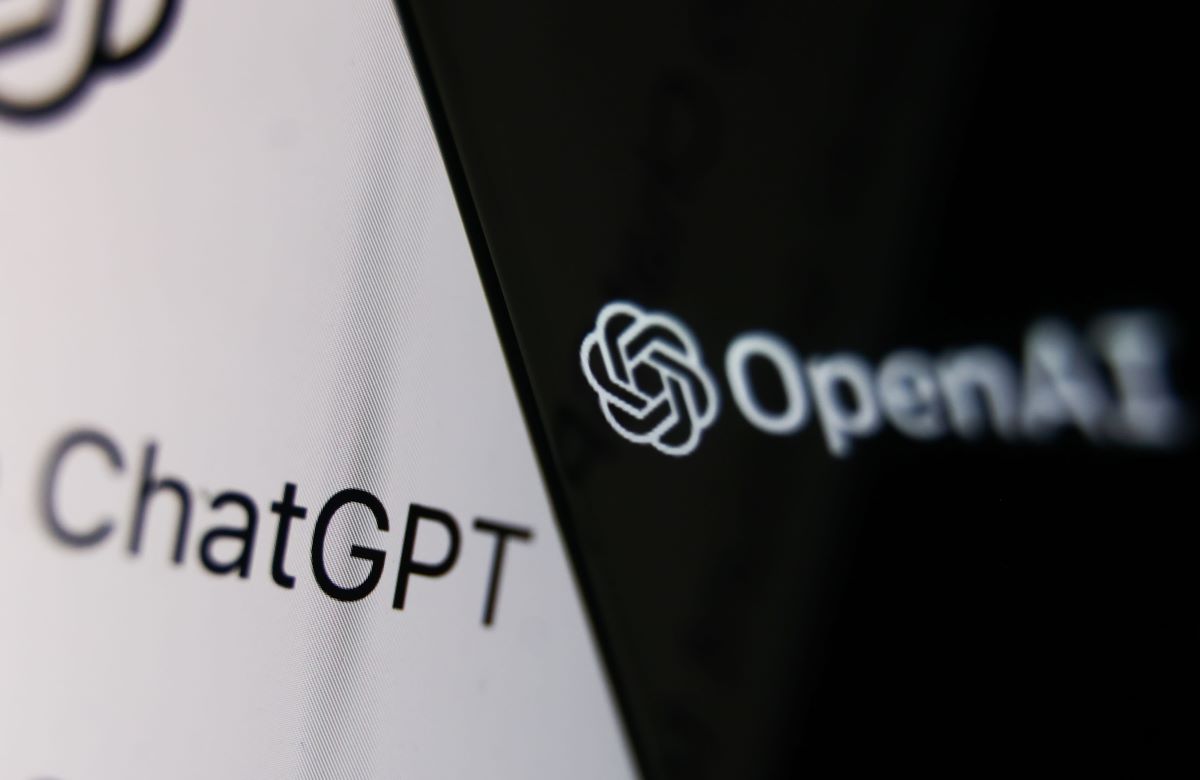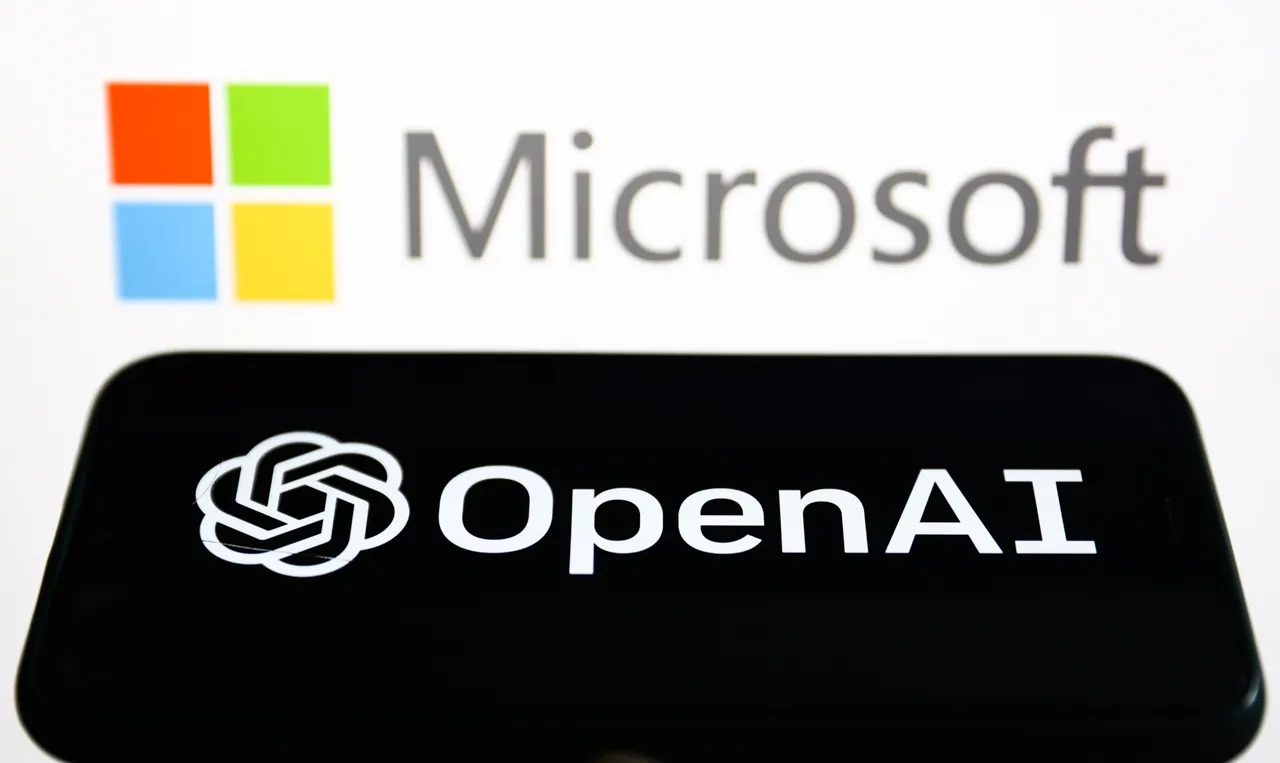Microsoft intends to invest $10 billion in OpenAI, the startup responsible for the widely-used artificial intelligence tool ChatGPT, according to a report from Semafor.
This investment is part of a larger funding round that involves other investors, which would value OpenAI at a substantial $29 billion, Semafor reported on Tuesday, citing sources familiar with the situation.
It remains unclear whether the deal has been finalized, but term sheets sent to potential investors suggested that the plan was to complete the transaction by the end of 2022, as reported by Semafor.
Under the terms of the deal, Microsoft is expected to receive 75% of OpenAI’s profits until it recoups its investment, after which it would hold a 49% stake in OpenAI.
For several weeks, the tech industry has been buzzing about ChatGPT. This tool is a natural language processing model designed to generate text that resembles human writing.
The AI model, which is a variant of the GPT-3 family of large language models, has been utilized for various purposes, including code development and college essay writing.

A strategic investment in ChatGPT could enhance Microsoft’s efforts in web search, a sector currently dominated by Google.
Although Microsoft’s Bing browser holds a small share of the global search engine market, the investment could help the company challenge Google’s supremacy by offering more advanced search features.
In December, Morgan Stanley released a report analyzing whether ChatGPT poses a threat to Google.
Brian Nowak, the bank’s lead analyst on Alphabet, noted that language models could potentially capture market share and disrupt Google’s role as the primary entry point for Internet users.
OpenAI, founded by Silicon Valley entrepreneur Sam Altman in 2015, introduced ChatGPT to the public in late November.
Despite high expectations for its potential, the project is facing significant financial strain due to the massive server demands driven by its rapid popularity.
Just five days after the launch of ChatGPT, Altman announced that the tool had surpassed 1 million users.







Leave a Reply